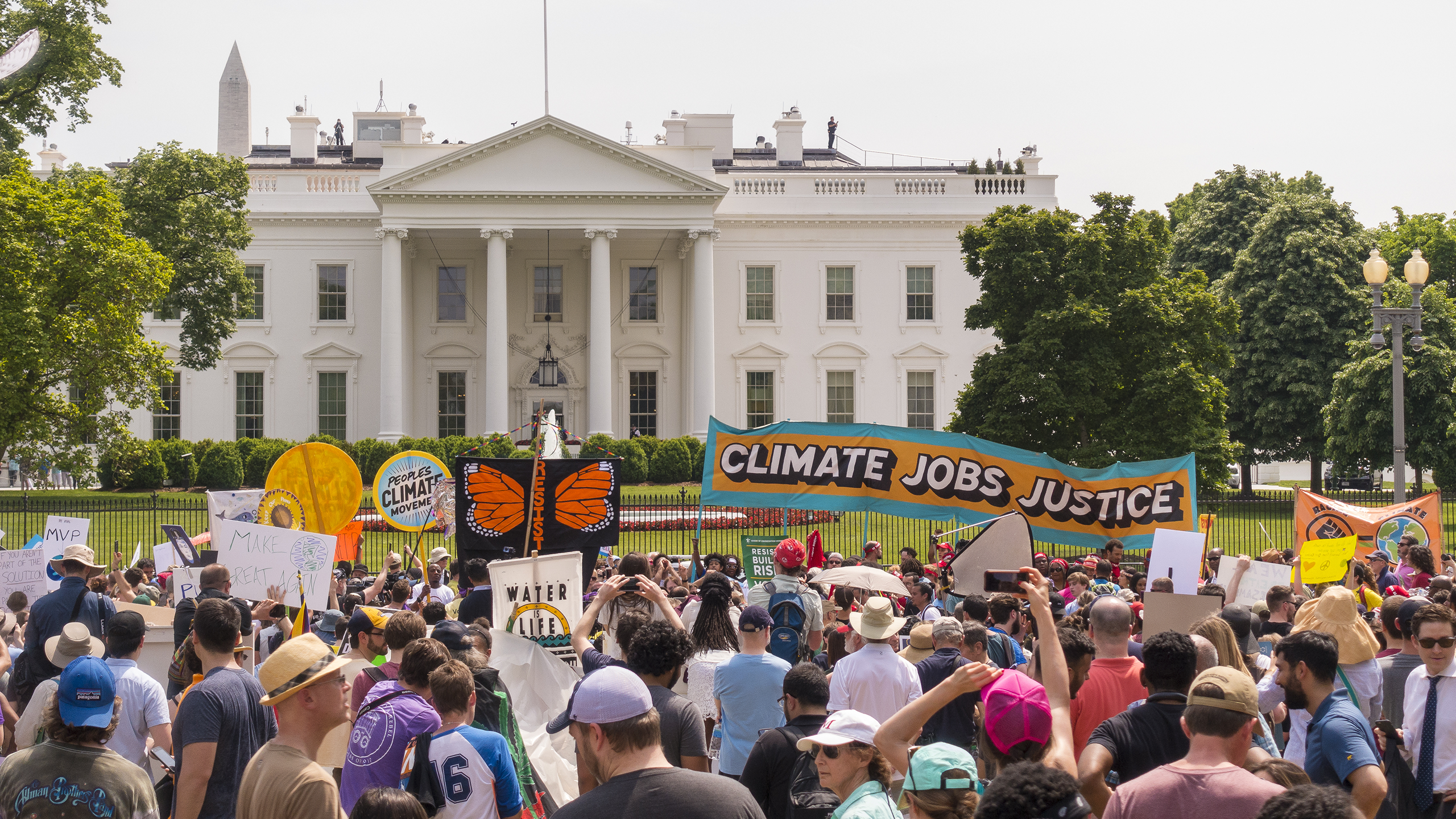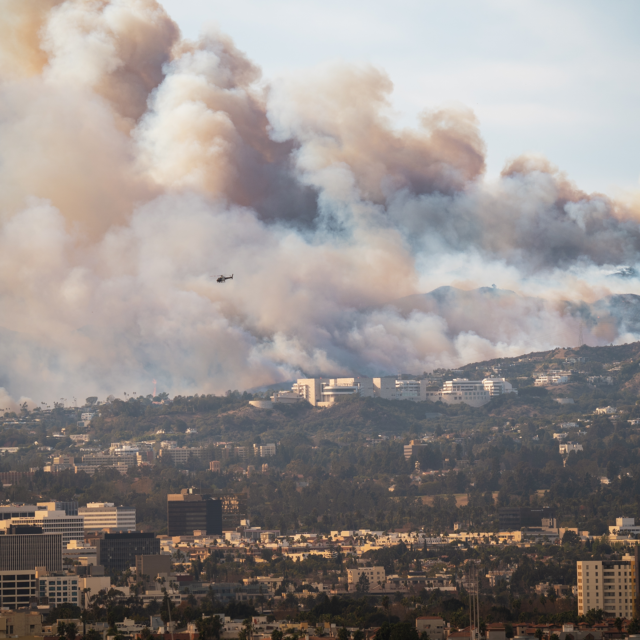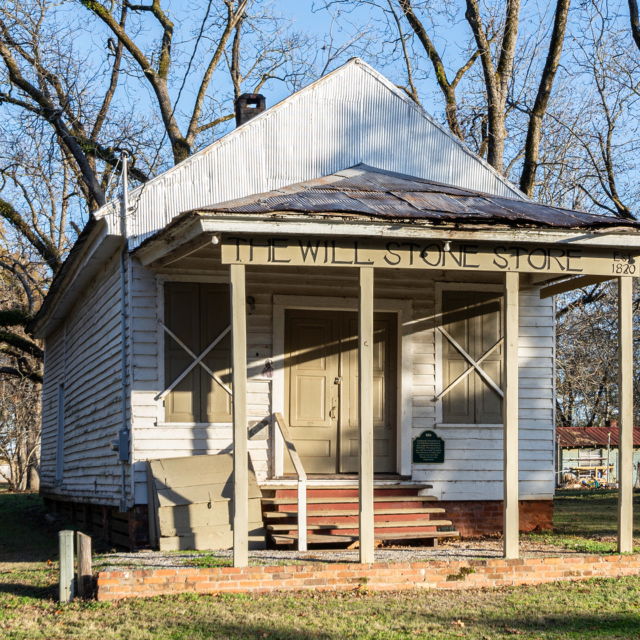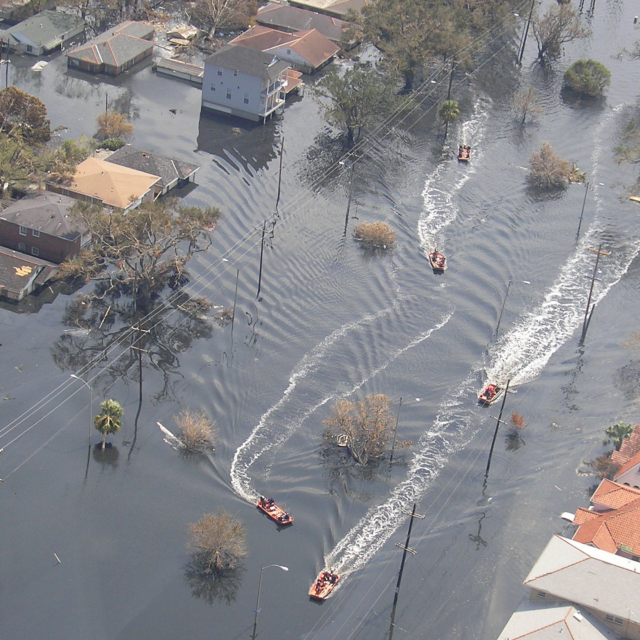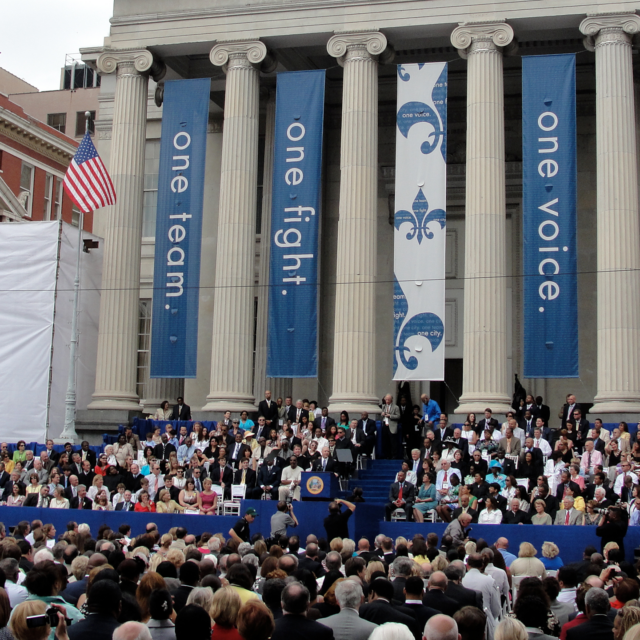Listen and subscribe to us on your favorite podcast platform:
Notable Quotes: This is kind of one of our oldest debates in America, because it gets to how we divvy up under a constitutional form of democracy, authorities and also money—the power to raise it and to spend it and to direct how it should be spent, including things like naming specific goals and putting conditions.
Xavier de Souza Briggs, senior fellow at Brookings Metro; senior advisor and co-founder of What Works Plus.
The administrative and financial costs of disaster recovery have increased in recent years, exacerbated by the changing climate. The 122 separate billion-dollar disasters occurring between 2016 and 2022 in the U.S. represented more than $1 trillion in damages and claimed 5,000 lives. A significant portion of that expense was incurred by seven Category 4 and 5 hurricanes that made landfall in the Ten Across region or along the Atlantic Coast.
Yet this figure doesn’t begin to encapsulate the full range of climate-related losses in the U.S., nor the less visible but steadily accumulating costs of adapting infrastructure to withstand more frequent and destructive weather events.
Federal legislation has moved toward addressing these potential risks to the built environment, human health, and the economy. The 2021 Bipartisan Infrastructure Law and 2022 Inflation Reduction Act represent the largest surge in climate action funding in U.S. history. Combined, they account for a trillion dollars of investments over ten years. The funding incentivizes all sectors to build climate security by scaling up the clean energy economy and redressing environmental and economic injustices, past and present.
Listen in as Ten Across founder Duke Reiter and Xavier de Souza Briggs, a senior fellow at Brookings Metro and member of the Biden-Harris transition team, discuss the strategy behind these dollars and what gaps remain to be addressed to ensure greater climate resilience and equity within this corridor and the nation.
Articles/sources referenced in this podcast:
“Community Development in the Critical Climate Decade” (Federal Reserve Bank of New York, 2024, Briggs and Donovan)
“America is witnessing the birth of a new industrial policy. Here’s how to make sure it benefits workers and entrepreneurs across the country, not just a handful of superstar urban regions” (Fortune Magazine, September 2022, Briggs and Muro)
“Arizona Voters’ Agenda: Voters Want to Protect Environment, Addressing Forest Fires and Air Quality Among Priorities” (Center for the Future of Arizona, June 2022)
“A More Democratic Federalism?” (Democracy Fall 2021 issue, Briggs and Rogers)
The Geography of Opportunity: Race and Housing Choice in Metropolitan America (2005) by Xavier de Souza Briggs
Guest Speaker
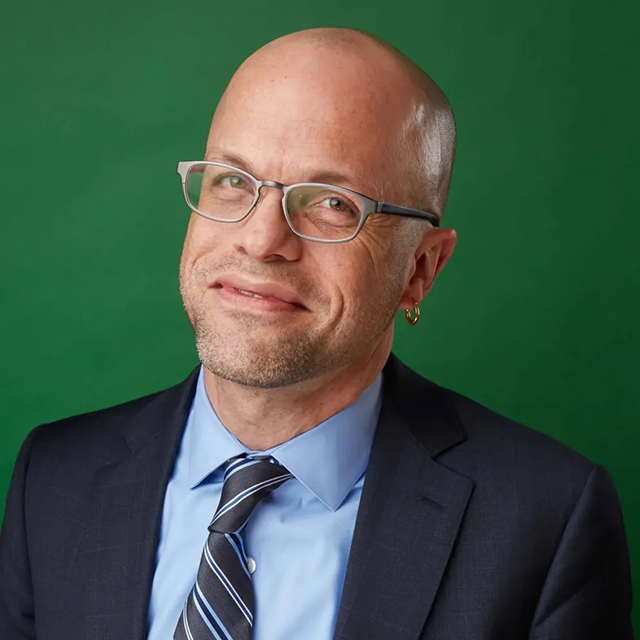
Xavier de Souza Briggs is a senior fellow at Brookings Metro. He is also a senior advisor and co-founder of What Works Plus, a coordination hub across philanthropy, non-profits and all levels of government, focused on advancing equity and resilience by addressing gaps in the implementation of ARPA, BIL, CHIPS, and IRA funding. As former vice president of the Ford Foundation and professor of sociology and urban planning at MIT, Xavier is an expert on economic opportunity and inclusive growth, racial equity and pluralism, housing, urban and regional development, and democratic governance in the U.S. and abroad.
